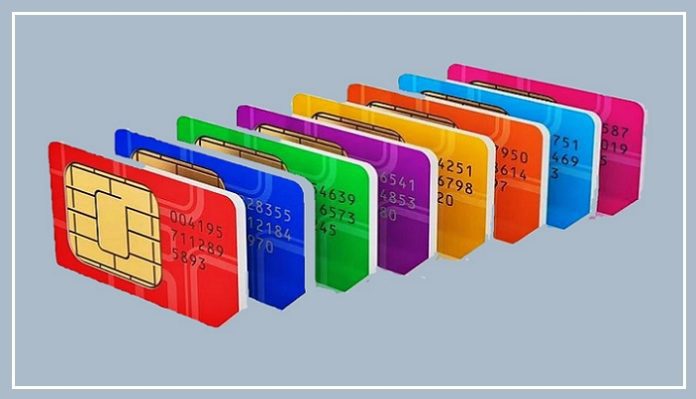To tackle the problems of counterfeit SIM cards and financial frauds, the Department of Telecommunications (DoT) is considering a revision of the know-your-customer (KYC) regulations.
Key highlights
Main highlights of the upcoming KYC norms include, among other things,
- Reduction in the number of SIM cards issued on a single ID to five from the current nine
- Complete use of digitally-verified documents for issuance of SIM cards
- Penalties and imprisonment on misuse of SIM cards and fake documents given by consumers
Within the next six months, the Artificial Intelligence and Digital Intelligence Unit (AI & DIU) division of DoT will issue a notification regarding the updated regulations.
Parties involved
These regulations have been developed in collaboration with a national working group consisting of representatives from the Reserve Bank of India (RBI), the Ministry of Electronics and Information Technology (MeitY), and other government officials.
In addition to the revamp, DoT is preparing to introduce the Telecom Analytics for Fraud Management and Consumer Protection (TAF-COP) portal across India within the next two months.
Currently operational in several states, including Andhra Pradesh, Kerala, Rajasthan, Telangana, and Jammu & Kashmir, among others, the portal will allow users to verify the number of active mobile connections registered under their name.
If individuals find any unauthorized mobile connections registered under their name, they can take appropriate measures using the portal.
Making digital document verification mandatory
According to a government official, talks are presently in progress to establish a reliable KYC mechanism by mandating digital document verification to combat fake IDs.
The goal is to reinforce both the TAF-COP and Central Equipment Identity Register (CEIR) portals.
The CEIR portal functions as a centralized system for telecom operators to exchange information on blacklisted mobile devices.
This ensures that a device that has been blacklisted on one network will not function on other networks, even if the SIM card is replaced.
Additionally, users can utilize the CEIR portal to validate the authenticity of their devices and report any lost or stolen mobile devices.
The portal was introduced in 2019 and became accessible to all subscribers in the country last month.
ASTR
The government is also implementing solutions that employ AI and facial recognition for telecom SIM subscriber verification (ASTR) across the country to detect fraudulent SIM cards and block them.
The ASTR program was initiated as a pilot in Haryana’s Mewat region and employs images provided by subscribers in their customer acquisition forms (CAFs), comparing them with similar images utilizing facial recognition technology, in order to detect and prevent fraud.
Enhanced security
The ASTR program effectively serves its purpose as many SIM cards obtained using fake documents or under a third-party name are utilized in cybercrime activities, making them difficult to trace.
The ASTR system identifies instances where the same image is used by a subscriber under various names through the use of fake documents.
The system also verifies the address and other KYC details.
